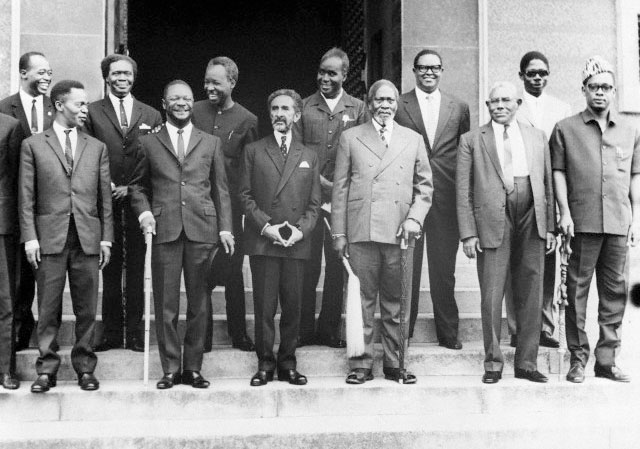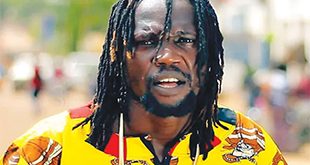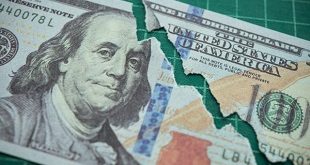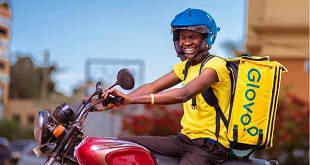
COMMENT | Rebecca Karagwa & Daniella Khanani | It was enraging that the colour of Floyd George’s skin could be so toxic as to lead to his death. The May, 2020 incident that led to his death rightly caught the world’s attention.
Like most Africans, Ugandans too, showed solidarity through the hashtag #BLACKLIVESMATTER. We tweeted, retweeted, commented and posted black images, on our WhatsApps, Instagram, Facebook and other social media platforms, to show solidarity and emphasize the dignity of black lives.
Our hearts sink every day, when we reflect on how much, we have ignored this kind of solidarity back home, in Africa.
It is saddening to see that majority of Africans have failed to come together and show like-mindedness, in equal measure, over so many things that affect us, even more directly, either in our small communities or at national levels.
There are so many times we’ve seen a foreigner being treated preferably, at a bank, stall or supermarket, over a Ugandan, here in this country. There is a plethora of examples, showing police brutality against civilians, and we have watched them go away with it.
Tegu, a Makerere university student, who was reportedly beaten to death by a group said to be Local Defence Unit (LDU) personnel while on campus, is a case in point. How much outrage did that create?
How many Africans have died attempting to cross the Mediterranean for better life in Europe? Why are they running away, and what is the continent doing about it?
Nkrumah example
We are a continent that is worst written about because of a history of turmoil on the political scene, before independence and after.
Sadly, many current leaders hardly reflect the spirit of the founding fathers Julius Nyerere, Nelson, Mandela and Kwame Nkrumah. The Independence leaders, despite their shortcomings, gave us a candid and solid example of pan Africanism, through their undeniable and unrelenting passions for a United Africa and the liberation of several states in southern Africa.
The forces that unite us are intrinsic and greater than the imposed influences that keep us apart – Kwame Nkrumah.
Nkrumah’s words strike an unspoken ideal that we as Africans have for so long ignored. For how long shall we allow this mental slavery to continue robbing us of our Ubuntu; compassion and humanity?
As earlier noted, almost all of us, showed solidarity over Floyd’s death yet we can’t unite against poverty, tribalism or nepotism in our home countries.
If the rest of the world is going to recognize and uphold the dignity of black lives, black people, MUST be deliberate about disbanding every line of divisions that they have long preserved, against one another.
One effort that we should all embrace is doing is trading with each other, and not only relying on exports or imports from outside the continetn.
The African Continental Free Trade Area is a free trade area which, as of 2018, includes 28 countries. It was created by the African Continental Free Trade Agreement among 54 of the 55 African Union nations.
There is strength in numbers and unless we embrace one another, development, change and transformation, will remain a myth. It is unfortunate that we know this yet choose selective application of it.
How shall we succeed if we are deliberate about leaving some of us behind? If we want to bear witness to the ripple effect of community, created by simple acts of kindness, all of us, at our different levels, should commit to being supportive of one another.
Ken Blanchard once said, “None of us is as smart as all of us,” which alludes to the fact that combined effort and team work always brews the best results!
We aren’t asking for an utopian society, but rather, seeking to live in a world where we are all mindful of the values humanity requires of us. What we lack as the African community is genuine, unconditional and selfless devotion to one another.
This is what we need to move our continent and country from where it is now, to the future of greatness.
***********
Karagwa Rebecca & Khanani Daniella, are students of Law at Uganda Christian University, in their final year of study. They are activists for human rights and social change. In 2018, both Karagwa and Khanani represented UCU-Mukono, at the 5th Annual National Inter-University Constitutional Law Moot Court Competition, by Centre for Health and Human Rights Development. (CEHURD) Karagwarebecca@gmail.com khananidaniella4@gmail.com
 The Independent Uganda: You get the Truth we Pay the Price
The Independent Uganda: You get the Truth we Pay the Price


